Design your future in transport and logistics

We guide you towards your next job adventure. With us, you will finally find the job that really suits your expectations and skills.
Skilled in logistics?
Get your dream job now!
Tell us what you want – we'll find you your dream job in the transport and logistics industry or beyond.
Whether you need a career boost or a better work-life balance, show us who you are and what you can do, and we'll find you the perfect match, guaranteed free of charge.
3 steps to kick‑start your next career adventure

Tell us who you are
In our initial conversation, we ask you to tell us what makes you who you are and what you are currently looking for—a new challenge? More appreciation? We take the time to get to know you. This helps us understand what you need in order to grow.

Discover your possibilities
We support you in figuring out what your next step could be. To do that, we draw on our conversations with you, our experience in the industry, and possible assessment results. When we have a position in our portfolio that matches your personality and aspirations, we will propose it to you.

Find your job match
If the position sounds interesting to you, we will present your profile to the company and prepare you for the interview. We are by your side during the whole process and soon you will have your new employment contract in your hands 🚀
Success stories

"I would like to sincerely thank you for your support throughout the hiring process. Your guidance and professionalism made a real difference, and I truly appreciate the time and effort you invested in helping me secure this opportunity. It was a pleasure working with you, and I’m grateful for the positive experience.”
Alin Gabriel Metanie
Junior DevOps Engineer
SaSG GmbH & Co. KG, Schmiechen/Germany

"I would like to sincerely thank you for your support throughout the hiring process. Your guidance and professionalism made a real difference, and I truly appreciate the time and effort you invested in helping me secure this opportunity. It was a pleasure working with you, and I’m grateful for the positive experience.”
Alin Gabriel Metanie
Junior DevOps Engineer
SaSG GmbH & Co. KG, Schmiechen/Germany

Individual
support

Strength
analysis

Selected
job offers

... at no cost
Why Transport Talent?
We put you first

Individual
support

Strength
analysis

Selected
job offers

... at no cost
Ready for your next challenge?
We connect you with the best employers in a wide range of industries








Ready for your next challenge?
We connect you with the best employers in a wide range of industries







